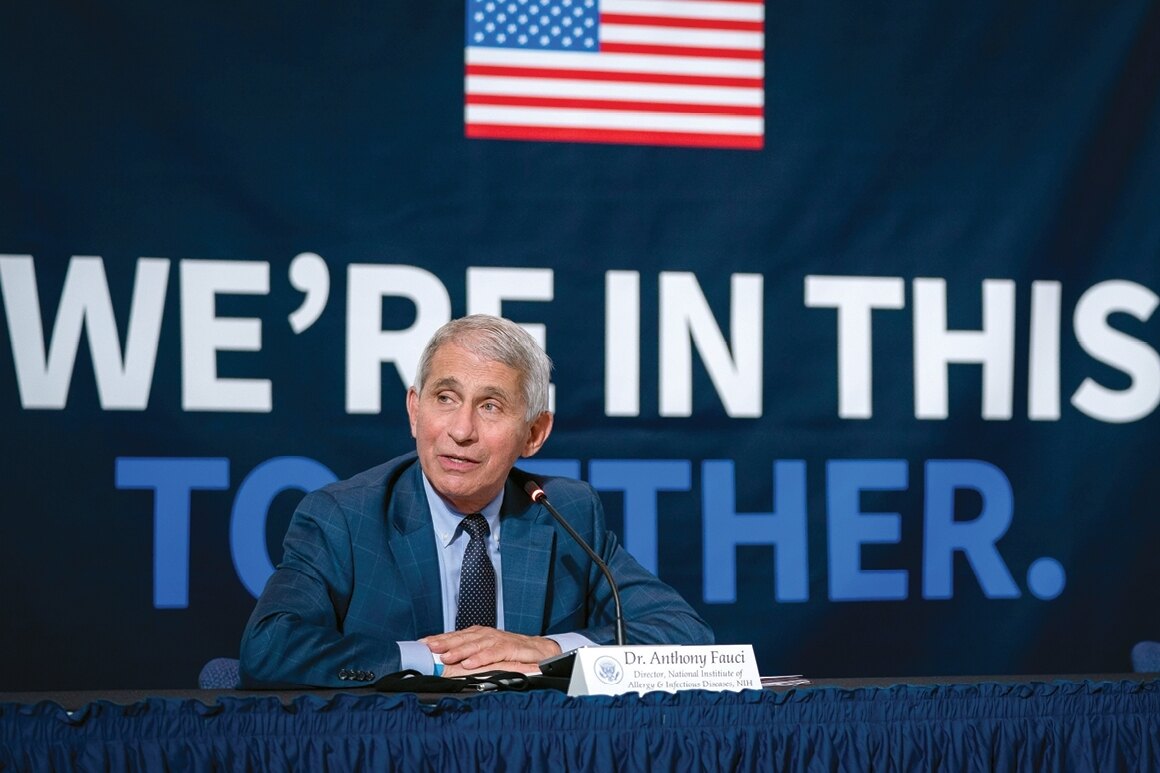Dr. Fauci’s Newest Concern
By
“What keeps you up
at night?”
It’s
a question Anthony Fauci, MD, heard repeatedly throughout his almost forty-year
tenure as the director of the National Institute of Allergy and Infectious
Diseases under the National Institutes of Health
Now a Distinguished
University Professor at Georgetown University School of Medicine and the
McCourt School of Public Policy, Fauci says he realized his
worst nightmare — a twist on the usual question — in January 2020 when the type
of virus he most feared
triggered a worldwide pandemic.
Today, as the COVID-19 pandemic wanes, Fauci describes a new nemesis – a lack of “corporate memory.”
Lessons from COVID-19
Writing in Science Translational Medicine, as if to help ensure an indelible, collective memory is created, Fauci reviews the key lessons learned from COVID-19 to help prepare and respond to the next pandemic, “whenever that occurs.”
He describes two “buckets” for these lessons: the public health bucket and the scientific bucket.
“If there is a success story embedded in the COVID-19 saga, it is in the arena of basic, translational, and clinical science— the scientific bucket,” Fauci writes.
He attributes the success to decades of investment in basic research, noting the scientific achievements of Drew Weissman, MD, Ph.D., and Katalin Kariko, Ph.D., awarded the 2023 Nobel Prize in Medicine or Physiology for their discoveries that enabled the development of effective mRNA vaccines against COVID-19.
Fauci also describes a possible path ahead for future scientific work involving prototype pathogen research.
Public Health Challenges and the Future
Often perceived as the face of the public health response during the pandemic in the U.S., Fauci outlines failures that fall in the public health “bucket” ranging from institutional weaknesses to the disconnect between health care delivery and the public health infrastructure.
Specifically, he notes poor coordination between state and
governments, supply chain issues, and misinformation and disinformation.
“Fundamental to all this discussion is my
comment above regarding the next inevitable pandemic, whenever that occurs,”
Fauci concludes.
“Over and over, after time has passed from the
appearance of an acute public health challenge, and after cases,
hospitalizations, and deaths fall to an ‘acceptable’ level … the transition
from being reactive to the dwindling challenge to being durably and
consistently prepared for the next challenge seems to fall flat. Hopefully,
corporate memory of COVID-19 will endure and trigger a sustained interest and
support of both the scientific and public health buckets.
“If not, many of us will be spending a lot of time awake in bed or having nightmares when asleep!”
